Back to the farm: Life after Love Island for Farmer Will
19th December 2023
It’s been a busy three years for sheep farmer Will Young, who has built up a following of 1.9 million TikTok followers, appeared on Love Island and released his first book. Farmers Guide caught up with him to talk about the highs and lows of farming and how social media can help tackle stereotypes about farming.
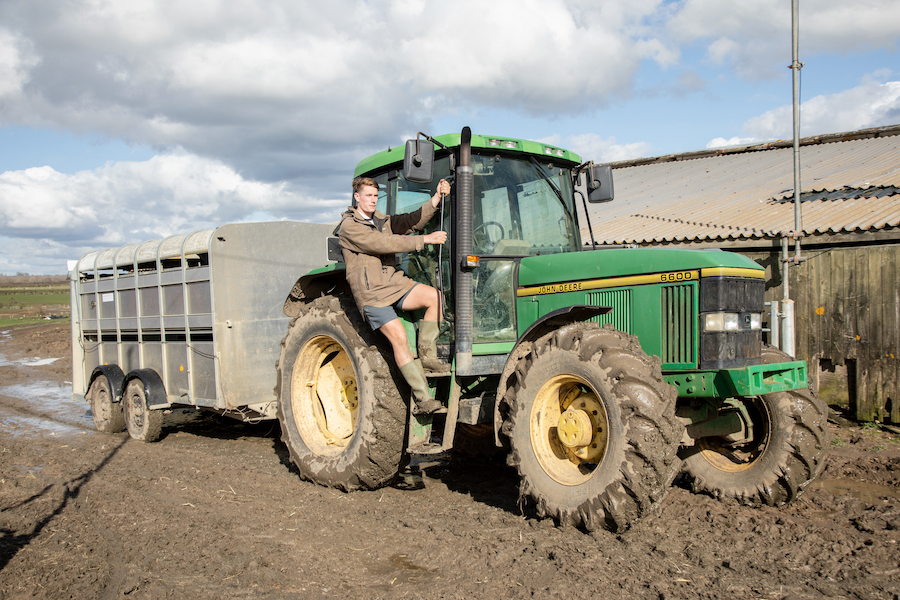
Having spent years sending pictures and videos of farm life to his friends, Will, 24, took his content to a wider audience in April 2020, with his first TikTok post during the first covid-19 lockdown.
Since then, the sixth-generation sheep farmer has amassed nearly two million followers and after a stint on Love Island returned to his family farm in Buckinghamshire in March this year.
His new book, For the Love of Farming, is his guide to the fields, revealing the inner workings of his farm throughout the seasons – from more run-of-the-mill tasks such as worming and hoof trimming, to sheep rescues, thefts and the devastation caused when the farm suffered seven dog attacks in as many weeks.
Speaking to Farmers Guide about the book, he said it’s been a “pinch me” moment as he struggled at school, particularly with English, but it’s provided him with another platform to talk about farming – covering more sensitive subjects such as mental health and economic pressures on farmers.
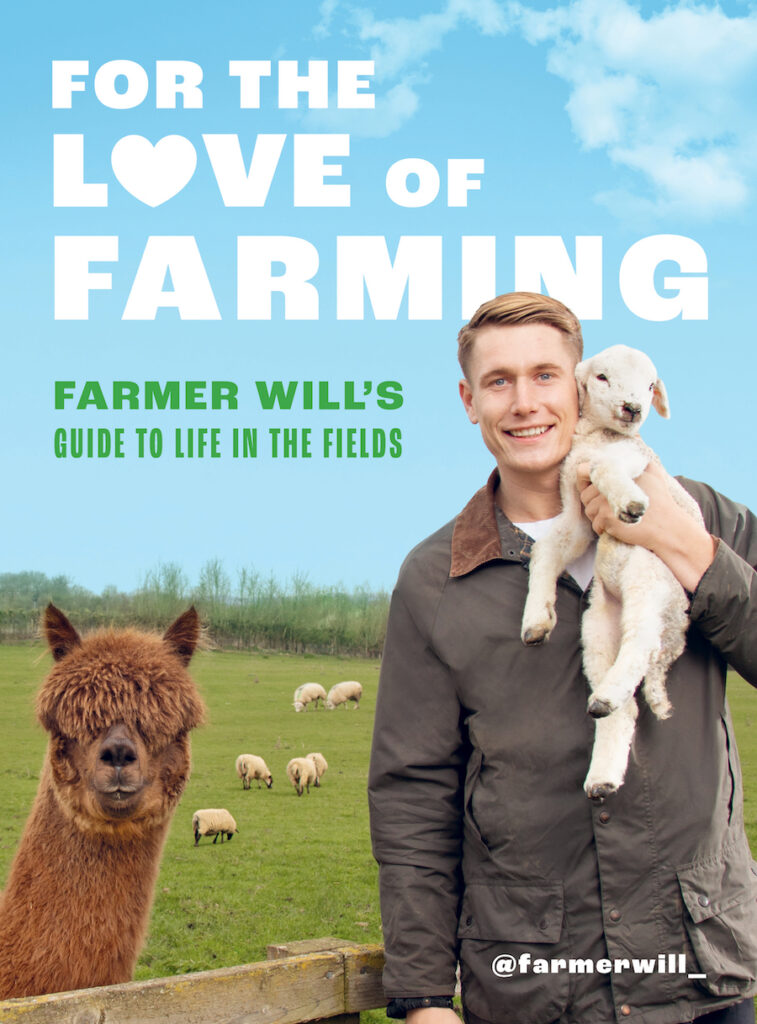
Bridging the gap
Since publishing his first TikTok three years ago, Will has used it to publish joyful and educational content around farm life, which is echoed in his new book.
“With social media I started it before Love Island during covid and I thought it was such a great way to show people who aren’t from the farming industry, but also those who are, how I farm because everyone does it differently and I was trying to close the gap between farmers and non-farmers,” he said.
“As an industry it is quite isolated and a lot of people out there don’t know what happens before you pick food up from the supermarket.”
Despite some negativity being unavoidable with such a large social media following, Will seems largely unphased by it and chooses to focus on the positives instead.
“You’re never going to please 100% of the people, which is completely understandable and I think that’s what makes the worst great – not everyone wants the same thing, everyone has their own opinion and I would never have a problem with that.
“I’m loving educating people and making people smile. If you change one person’s day, educate them or make them smile it rounds it off and makes it worthwhile.”
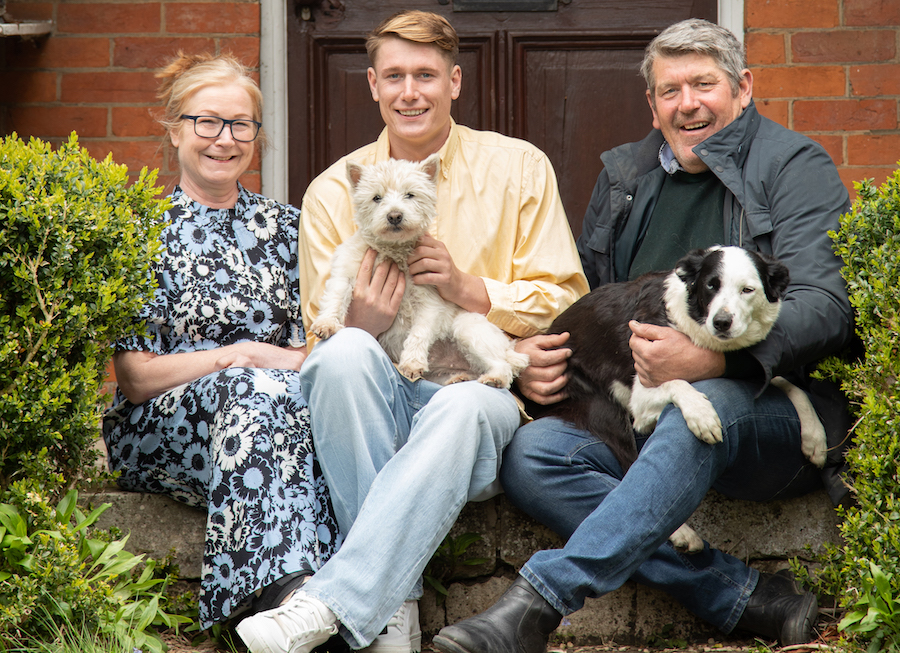
Support for farmers
Whilst his new book has a joyful tone and demonstrates Will’s clear love of farming, it also shows some of the gritty realities and all-consuming nature of farming.
Will notes that when his dad was his age there were 12 working farms in their village, whereas now there are just two as economic challenges have forced farmers to sell up and move on.
“Back in the day the government used to pay farmers when they sold stock or produce, now they’re almost giving money not to have animals on that piece of land. It does seem like as an industry we haven’t got full support.”
The Youngs have been farming the land since 1850 and Will said he would “hate to get to a point where it’s not farmed”. Affordable land, even rented, is very difficult to come by and he wants to see more support and encouragement for farmers to expand their businesses.
“The people who are getting the grounds are property developers who have the money to chuck at it. It’s quite sad to see – they’ll buy the grounds and it’ll just sit there with nothing on it waiting for the time to build on it, which is a real shame as well.”
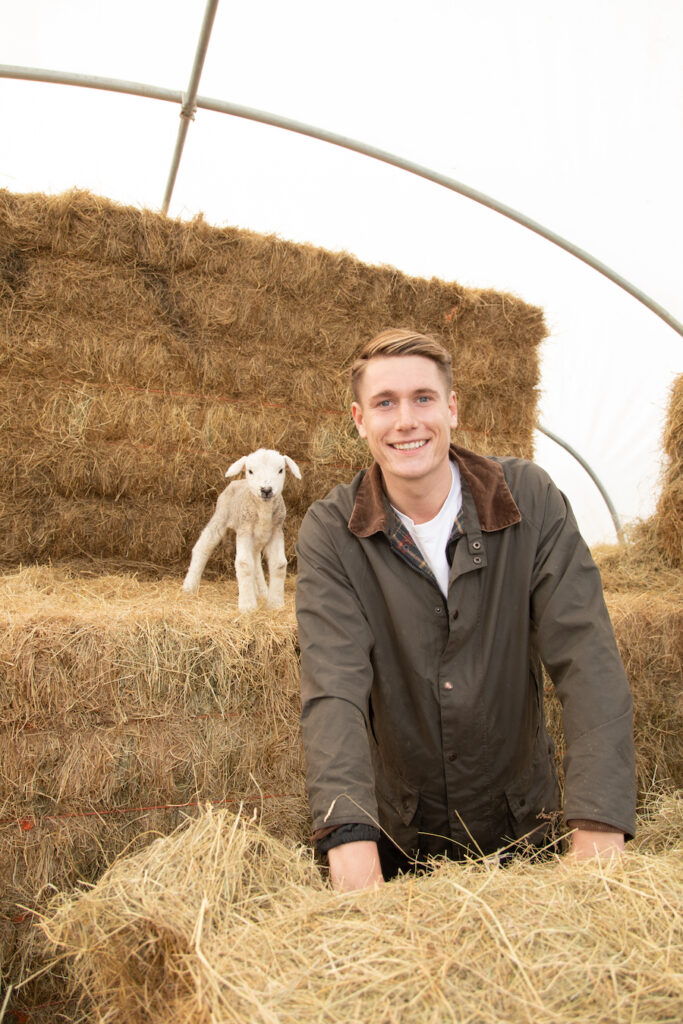
Mental health is another key challenge for the industry and Will acknowledges mental health dips since starting TikTok and going on Love Island in his book.
“I know there’s a lot of campaigns there which is incredible to see but I do think we still have a long way to go and I genuinely think within the industry it’s because you’re on your own and I’d be lying if I said it wasn’t difficult. So, if you are feeling a bit down because you are isolated on the farm, you don’t get that human interaction.”
Glamping pod plans
Added to this, like many farmers Will has plans for a diversification project to get more income stability for the farm – but suffered setbacks in the planning application process. “The government are saying we want farmers to diversify but when you do that you get pushed back on it which is disappointing,” he said.
The farm’s plans for glamping pods would not only bring economic benefits to the farm and local area, but also help educate children and adults who may never have set foot on a farm before. Will hopes to set up viewing areas for tasks like shearing, to add an educational element to the diversification.
“Especially with younger children I think it’s so important that they know about agriculture and where their food comes from.”
Taking this a step further, Will believes agriculture should be taught in schools – as without a farming background it’s unlikely he would ever have become a farmer. “I wasn’t made aware of farming on careers days,” he said. “Knowing where food comes from and how food is produced is part of everyday life; everyone in the entire world consumes produce made on farms.”
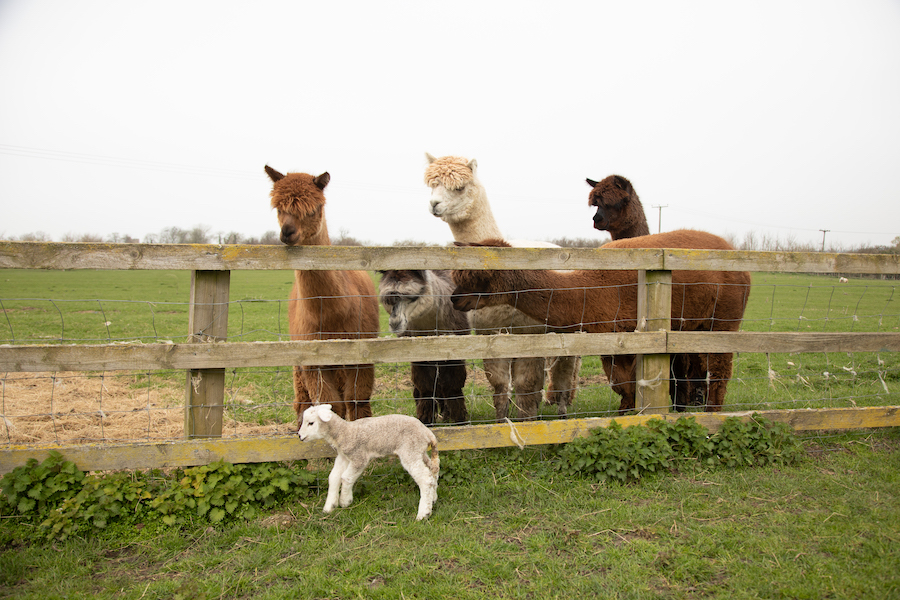
Farming as a way of life
Will officially decided to be a full-time farmer in 2017, despite his father’s encouragement to try other options first – which resulted in spells working in retail, hospitality, labour and accountancy. “My dad was very clear that farming is a way of life, it’s a life choice, it’s not Monday to Friday,” Will said.
The farm has 1,500 sheep, the majority of which are North Country Mules, with a small flock of 100 Suffolk Mules and nucleus flocks of Beltex.
Although farming comes with its challenges – including FOMO, Will said, as he’s often unable to join friends or go on trips spontaneously – working in nature alongside his family is among the biggest benefits of farming.
“It’s so family orientated, my whole family live in a 10-15-mile radius and the farm is the hub. I see my family all the time, I have such a good relationship with my dad and I’d class him as my best friend. […].
“Also I’m out in nature all the time. I think there’s no better good than fresh air and being outside – not being on a computer or a phone or laptop all the time. You form relationships with the animals and it’s beautiful to see. It’s a family business and you’re all working together.”
For the Love of Farming: Farmer Will’s Guide to Life in the Fields, is out now, published by White Lion Publishing (£18.99).
